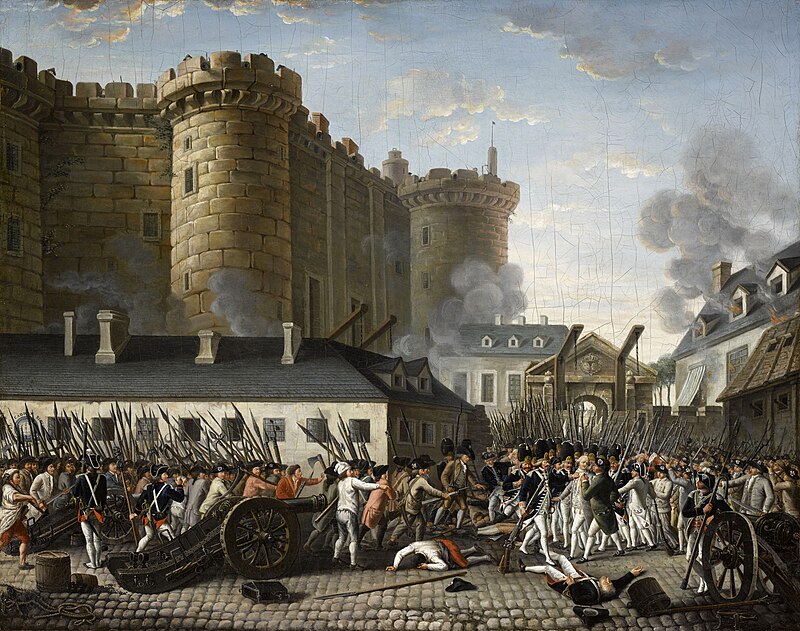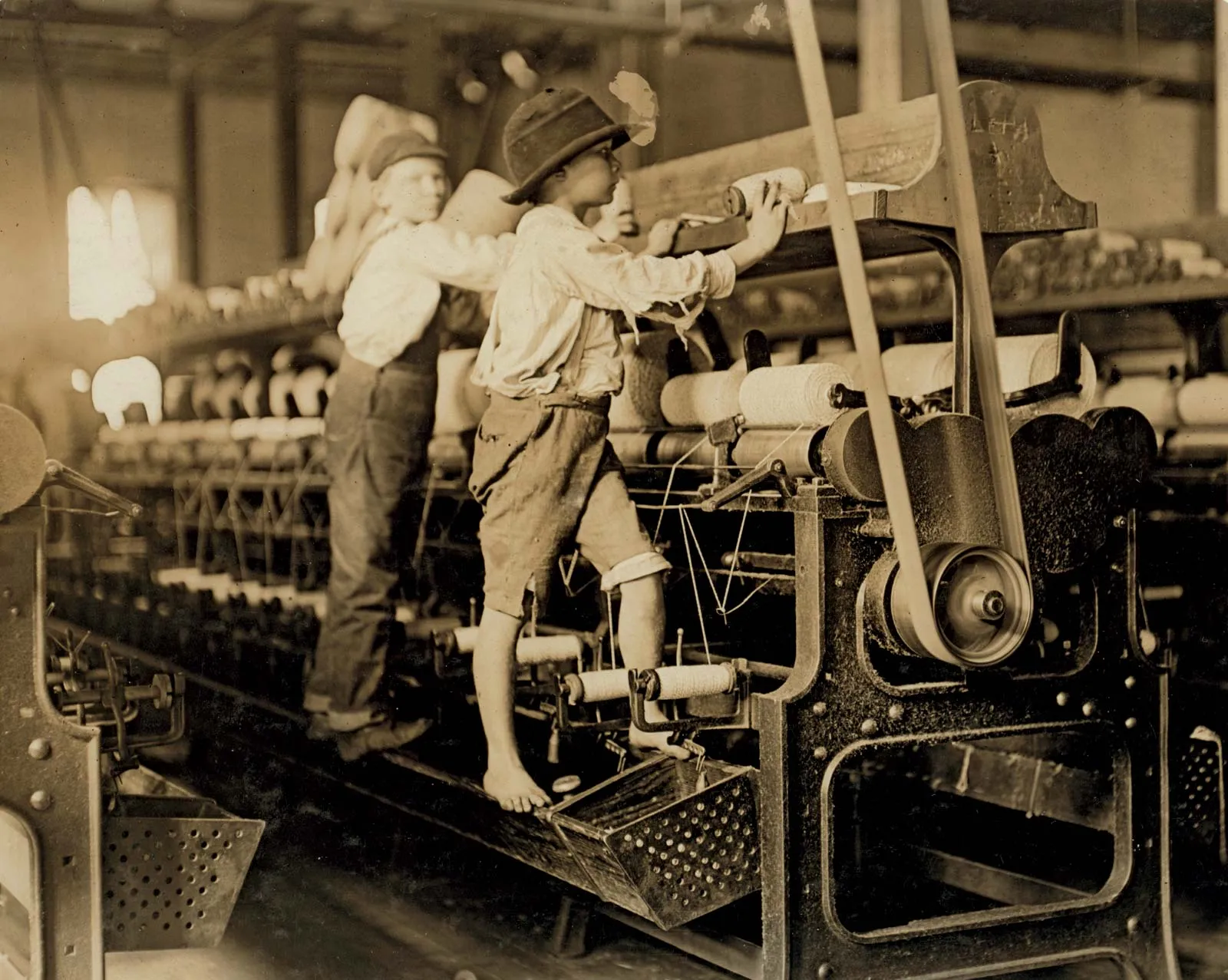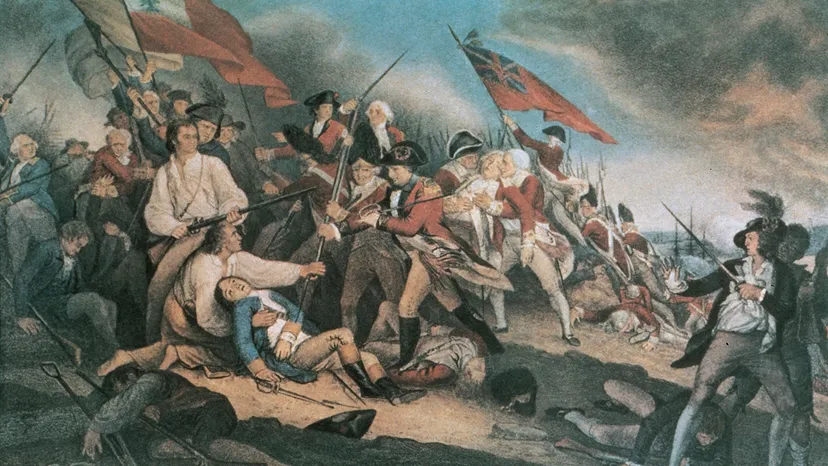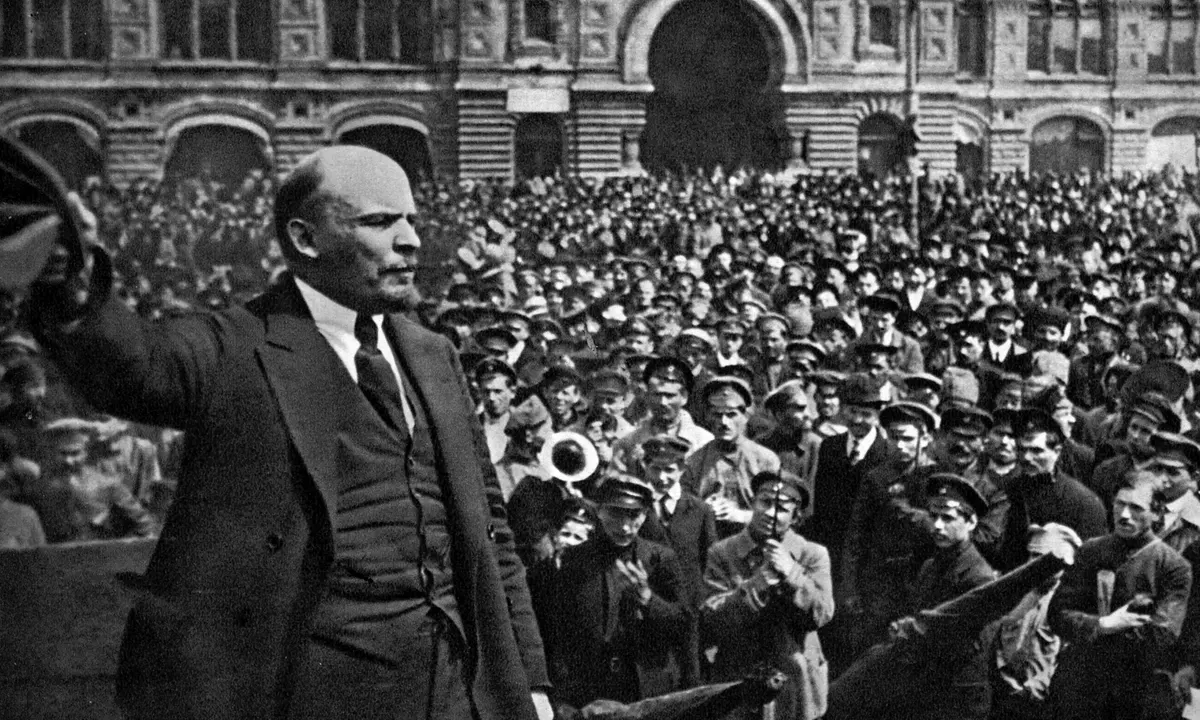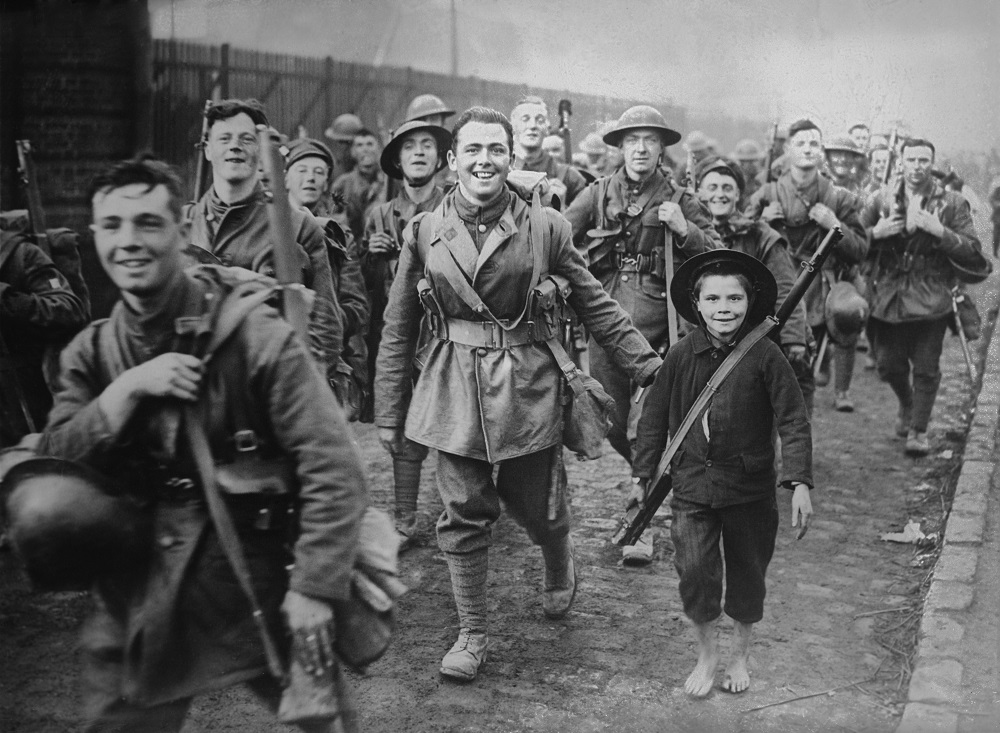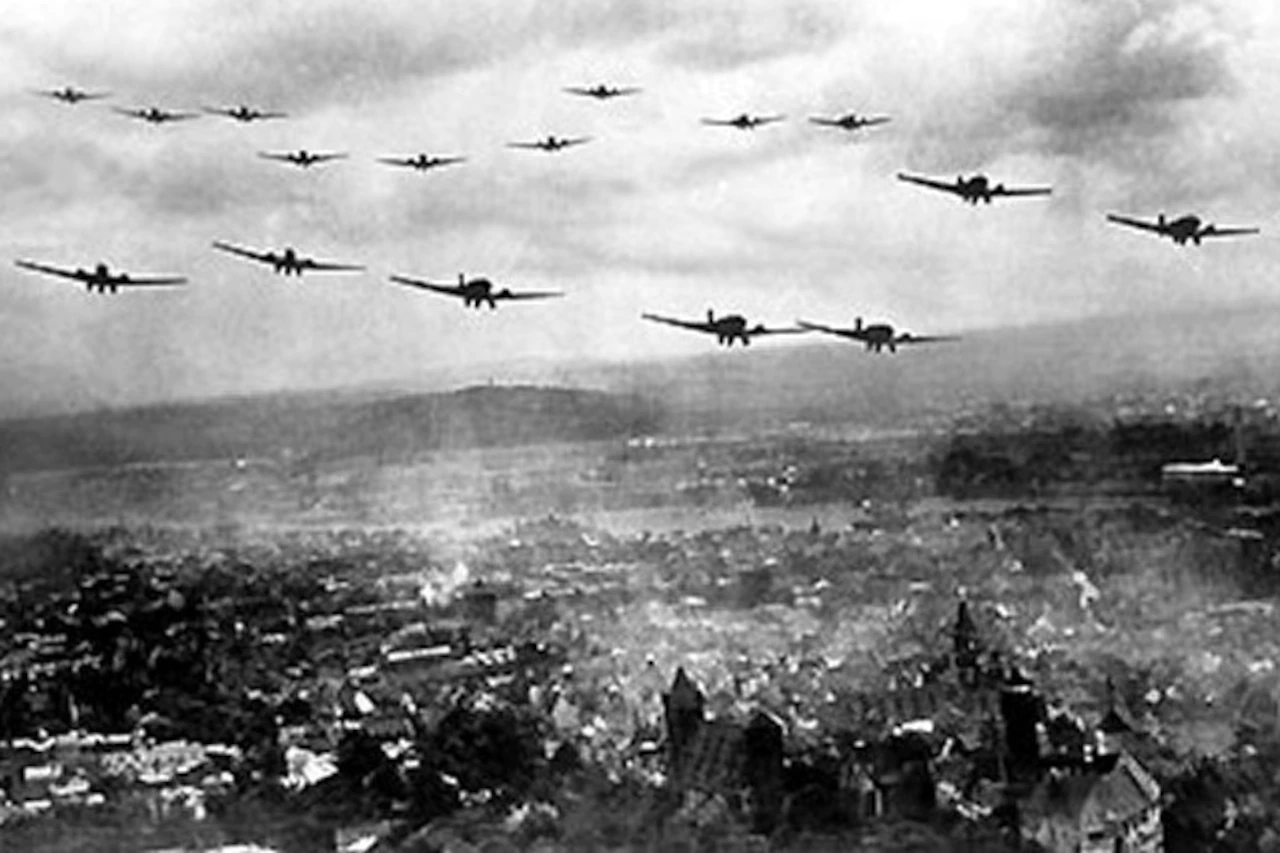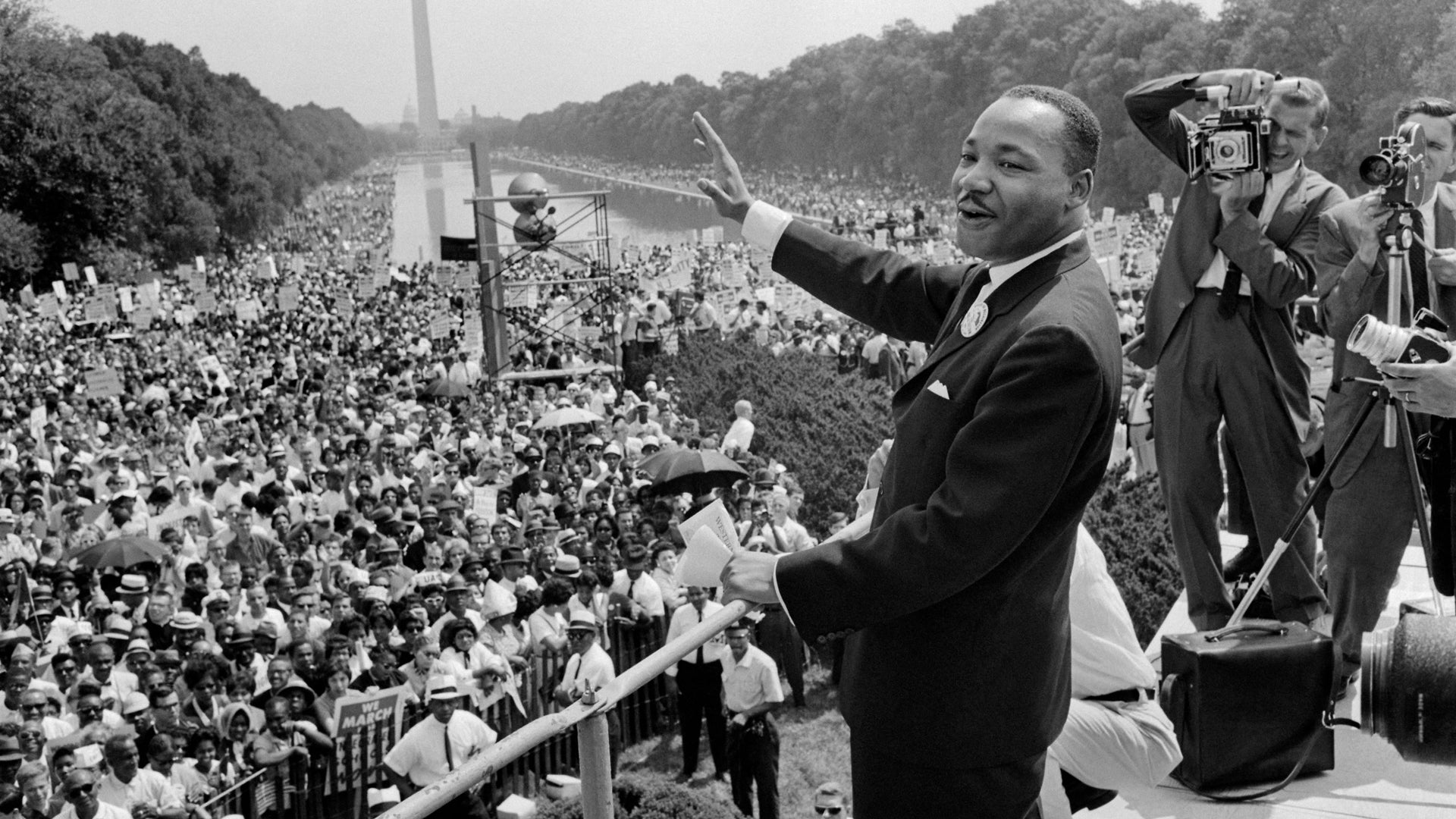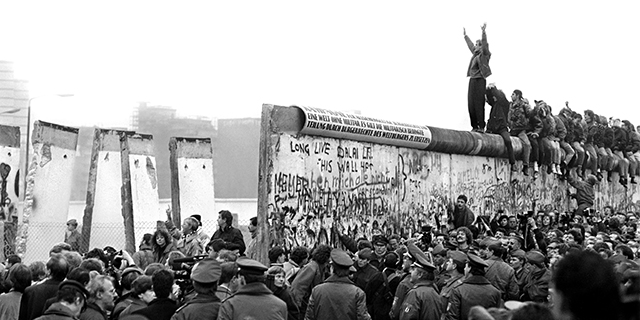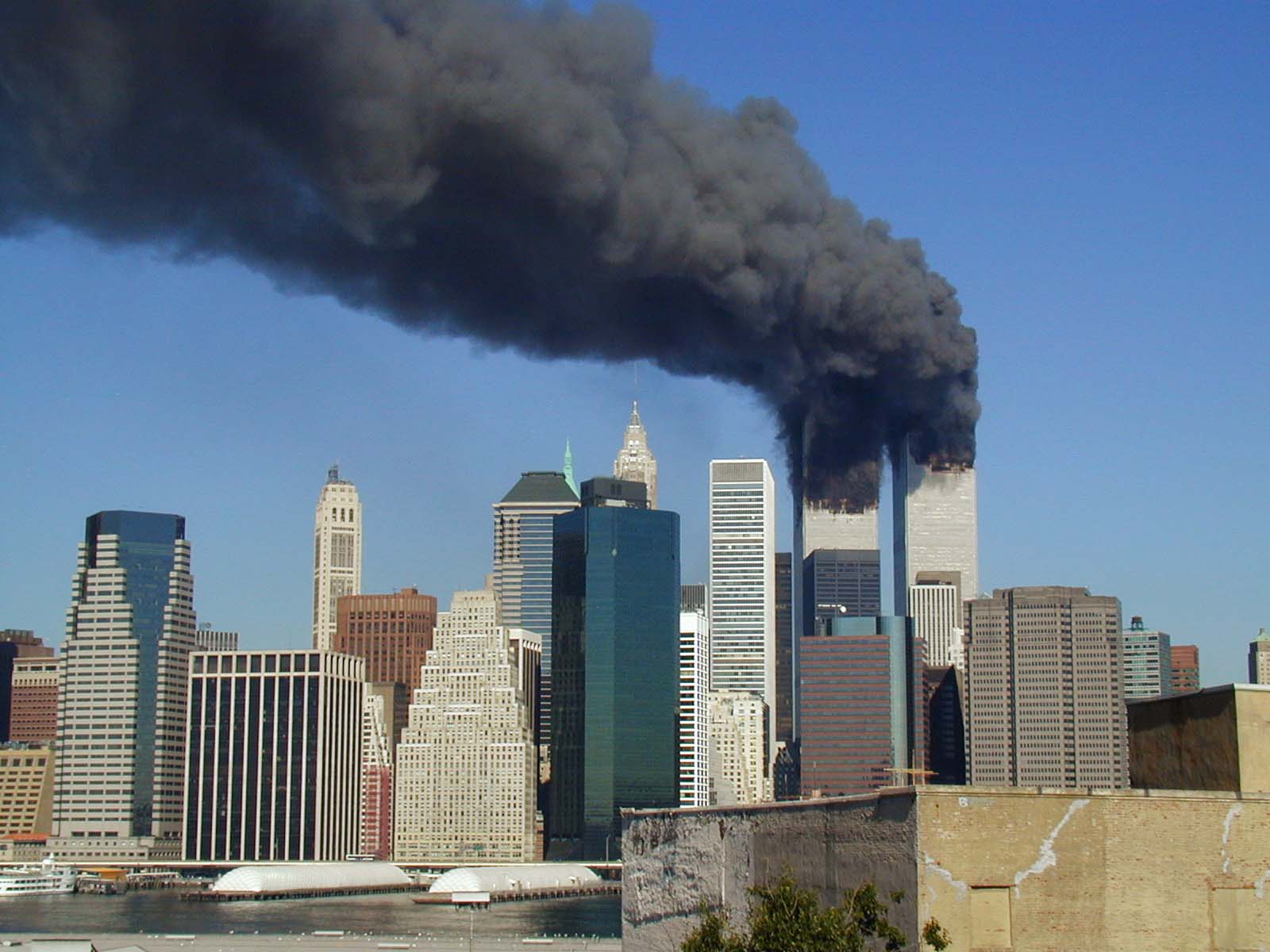Top Lists
Top 10 Historical Events That Shaped the Modern World
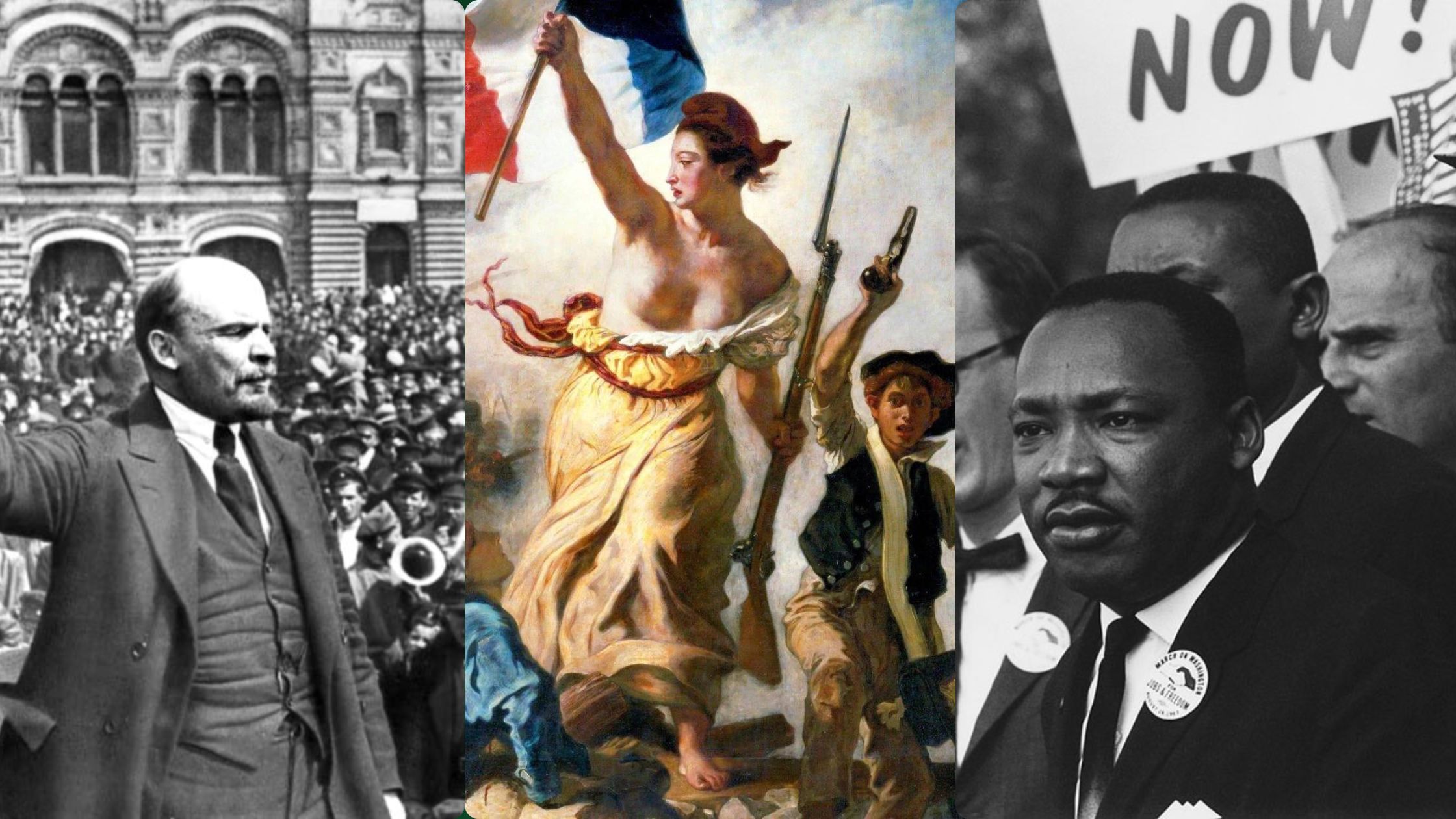
Numerous events have affected the development of civilizations throughout human history, leaving enduring traces on the fabric of time. In this article, we embark on a profound journey through time to unearth the top 10 historical events that shaped and left an indelible mark on the modern world.
These events, like ripples on the surface of a vast ocean, have reverberated across centuries, shaping the destiny of nations, cultures, and societies
From the early shift to settled agriculture that gave rise to complex societies to the digital revolution that connected the world in unheard-of ways, turning points have repeatedly changed the course of human history.
The Top 10 Historical Events That Shaped the Modern World
Here are the historical events that shaped the modern world:
1. The French Revolution (1789-1799)
The French Revolution was a watershed event in world history that began in 1789 and ended in 1799. During this period, French citizens radically altered their political landscape, uprooting centuries-old institutions such as the monarchy and the feudal system.
The revolution was caused by a number of factors, including economic inequality, political corruption, and the Enlightenment ideals of liberty, equality, and fraternity. The first major event of the revolution was the Storming of the Bastille on July 14, 1789, which marked the beginning of the end of the monarchy.
In the years that followed, the revolution became increasingly radical, as the revolutionaries sought to create a new society based on these ideals. This led to a number of bloody events, including the Reign of Terror, when thousands of people were executed. The French Revolution ended in 1799 with the rise of Napoleon Bonaparte, who established a dictatorship.
However, the ideals of the revolution had a lasting impact on France and the rest of the world. They inspired other revolutions, such as the American Revolution and the Haitian Revolution, and they helped to shape the development of democracy and human rights.
2. The Industrial Revolution (1750-1850)
Another historical event that shaped the modern world is the Industrial Revolution; it was a period of great change in the way people lived and worked. It began in Great Britain in the late 1700s and spread to other parts of the world in the 1800s.
The Industrial Revolution was caused by a number of factors, including the invention of new machines, the discovery of new sources of energy, and the development of new transportation systems. These new technologies led to the rise of factories, which were able to produce goods much more quickly and efficiently than could be done by hand.
The Industrial Revolution had a profound impact on society. It led to the growth of cities, the rise of the middle class, and the improvement of living standards. However, it also had a number of negative consequences, including pollution, child labour, and the exploitation of workers.
3. The American Revolution (1775-1783)
The American Revolution was a war between the 13 American colonies and Great Britain. It lasted from 1775 to 1783 and resulted in the independence of the United States of America.
There are several factors that led to the war, including taxation without representation, the desire for self-government, and the spread of Enlightenment ideas. The first major event of the war was the Battles of Lexington and Concord in 1775.
In the years that followed, the Continental Army, led by George Washington, won a series of victories against the British. The war finally came to an end in 1783 with the signing of the Treaty of Paris.
The American Revolution was a watershed moment in world history. It was the first successful war of independence against a European power, and it inspired other revolutions around the world. The revolution also led to the creation of the United States of America, a country that would go on to become a global superpower.
4. The Russian Revolution (1917)
Another historical event that shaped the modern world is the Russian Revolution; it was a series of political and social upheavals that took place in the Russian Empire between February and October 1917.
The first revolution, the February Revolution, overthrew the monarchy and established a provisional government. The second revolution, the October Revolution, overthrew the provisional government and established the Soviet Union, the world’s first communist state.
It was caused by a number of factors, including the economic hardship caused by World War I, the political instability of the Russian Empire, and the rise of revolutionary movements.
More so, the October Revolution was led by the Bolshevik Party, a communist party led by Vladimir Lenin. The Bolsheviks promised to give land to the peasants, peace to the soldiers, and bread to the workers. They also promised to establish a socialist state in Russia.
The Russian Revolution had a profound impact on the course of history. It was the first successful communist revolution, and it inspired other communist revolutions around the world. The revolution also led to the collapse of the Russian Empire and the rise of the Soviet Union, a major world power.
5. World War I (1914-1918)
World War I, also known as the First World War, was a global war originating in Europe that lasted from 28 July 1914 to 11 November 1918.
The war began after the assassination of Archduke Franz Ferdinand of Austria, heir presumptive to the Austro-Hungarian throne, and his wife Sophie, by Gavrilo Princip, a Serbian nationalist on 28 June 1914. Serbia’s allies, Russia and France, and Austria-Hungary’s ally, Germany, were drawn into the conflict.
Within weeks, the major powers were at war and the conflict had expanded into a global war. The war ended with the signing of the Armistice of 11 November 1918. The war had a profound impact on the course of history.
It led to the collapse of the Austro-Hungarian, Ottoman, and Russian Empires, and the creation of new countries, such as Czechoslovakia and Yugoslavia. The war also led to the rise of the United States as a global power.
World War I was a horrific and destructive war, but it also had a number of positive consequences. It led to the creation of the League of Nations, an international organization that was designed to prevent future wars. It also led to the development of new technologies, such as radar and jet engines, that would be used in World War II.
6. World War II (1939-1945)
Another historical event that shaped the modern world is World War II which happened between 1939_-1945. The vast majority of the world’s countries—including all of the great powers—eventually formed two opposing military alliances: the Allies and the Axis.
In a state of total war, directly involving more than 100 million personnel from more than 30 countries, the major participants threw their entire economic, industrial, and scientific capabilities behind the war effort, blurring the distinction between civilian and military resources.
World War II was the deadliest conflict in human history, marked by 50 to 85 million fatalities, most of whom were civilians in the Soviet Union and China. Tens of millions of people died due to genocides, premeditated death from starvation, massacres, and disease.
Aircraft played a major role in the conflict, including in the strategic bombing of population centres, the development of nuclear weapons, and the only two uses of such in war.
World War II changed the political alignment and social structure of the globe. The United Nations (UN) was established to foster international cooperation and prevent future conflicts. The great powers that were the victors of the war—China, France, the Soviet Union, the United Kingdom, and the United States—became the permanent members of its Security Council.
7. The Civil Rights Movement (1954-1968)
The Civil Rights Movement was a nonviolent social movement in the United States from 1954 to 1968 that sought to end legalized racial segregation and discrimination against African Americans.
More so, the movement had its origins in the Reconstruction era during the late 19th century, although it made its largest legislative gains in the 1960s after years of direct actions and grassroots protests.
The Civil Rights Movement was a complex and multifaceted movement, but it is often divided into two main phases: the early phase, which focused on desegregating public facilities and schools, and the later phase, which focused on voting rights and economic justice.
It was a major turning point in American history; it helped to end legalized segregation and discrimination against African Americans, and it paved the way for other civil rights movements around the world. The movement also had a profound impact on American culture and society, and it helped to shape the country into what it is today.
8. The Fall of the Berlin Wall (1989)
This was a pivotal event in world history that marked the end of the Cold War and the collapse of the Soviet Union. On November 9, 1989, East German border guards opened the gates at the Berlin Wall, allowing East Germans to freely travel to West Berlin.
This event sparked a wave of protests and demonstrations across East Germany, which eventually led to the collapse of the East German government and the reunification of Germany.
The Berlin Wall was a barrier that divided the city of Berlin into East and West Berlin from 1961 to 1989. The wall was built by the East German government to prevent its citizens from defecting to West Berlin. The wall was a symbol of the Cold War and the division of Europe between the Western democracies and the communist bloc.
The fall of the Berlin Wall was a result of a number of factors, including the growing dissatisfaction of East Germans with their government, the reforms of Soviet leader Mikhail Gorbachev, and the rise of the Solidarity movement in Poland.
The fall of the Berlin Wall had a profound impact on the course of history. It marked the end of the Cold War and the collapse of the Soviet Union. The reunification of Germany was a major event in European history, and it helped to bring about a more peaceful and stable Europe.
9. The 9/11 terrorist attacks (2001)
The September 11 attacks were a series of four coordinated terrorist attacks by the Islamic terrorist group al-Qaeda against the United States on the morning of September 11, 2001.
It resulted in 2,977 fatalities, over 25,000 injuries, and substantial long-term health consequences, in addition to at least $10 billion in infrastructure and property damage. It is important to note that the term “9/11” is often used to refer to all four attacks, but it can also refer specifically to the attack on the Twin Towers of the World Trade Center in New York City.
Furthermore, the attacks began at 8:45 a.m. Eastern Time when American Airlines Flight 11 crashed into the North Tower of the World Trade Center. Seventeen minutes later, United Airlines Flight 175 crashed into the South Tower. Both towers collapsed within two hours, destroying nearby buildings and damaging others.
The 9/11 attacks were a horrific act of violence that claimed the lives of thousands of innocent people. However, the attacks also showed the resilience of the American people and the strength of the United States. The attacks have had a lasting impact on the world, but they have also helped to unite people in the fight against terrorism.
10. The COVID-19 pandemic (2020-present)
The COVID-19 pandemic is a global pandemic of coronavirus disease 2019 (COVID-19) caused by severe acute respiratory syndrome coronavirus 2 (SARS-CoV-2). The first known case was identified in Wuhan, China, in December 2019, and the virus has since spread to over 220 countries and territories, infecting over 500 million people and causing over 6.3 million deaths.
More so, the pandemic is a major public health crisis that has had a profound impact on the world. The pandemic has caused widespread illness, death, and economic disruption. It has also led to changes in social and cultural norms, as people have been forced to adapt to new ways of living and working.
The COVID-19 pandemic is a major global challenge, but it has also brought about some positive changes. For example, the pandemic has led to increased awareness of the importance of public health and has accelerated the development of new technologies that could benefit society in the long term.
Conclusion
The events that I have discussed have had a profound impact on the world. They have shaped the way we live, work, and interact with each other. They have also led to changes in our values and priorities. It is still too early to say how these events will ultimately shape the world, but it is clear that they will have a lasting impact.
These events have also taught us some important lessons. They have shown us the importance of cooperation, resilience, and innovation. They have also shown us the fragility of our world and the need to take care of it.
As we move forward, we must learn from these events and build a better world. We must work together to address the challenges we face and create a more just and sustainable future.

